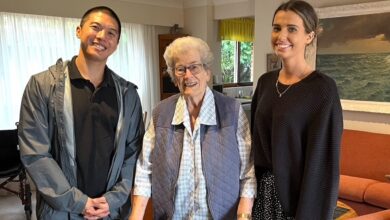Study casts doubt on new whooping cough vaccine
The limited effectiveness of the current pertussis vaccine might explain the resurgence in whooping cough in babies, new research has found.
A study of 40,000 children in Queensland has shown children vaccinated against whooping cough with the current vaccine were three times more likely to develop the infection.
Researchers from the Queensland Children’s Medical Research Institute (QCMRI) at the University of Queensland said that while the current vaccine, which was introduced in 1999, was safer, it was less effective than its predecessor.
Associate Professor Stephen Lambert said it was important that clinicians did not exclude whooping cough as a potential diagnosis just because a child had been vaccinated. The increase in risk associated with the switch to acellular vaccine is small, representing about one extra case of whooping each year for every 500 fully vaccinated children. Lambert said the findings could go some way to explaining the current epidemic of pertussis in young children in Australia.
Whooping cough has killed seven infants in Australia since 2008 and left many more needing hospital care. Compared with epidemics in 1997 and 2002, many more infections have been reported even though there are fewer deaths and roughly the same number of hospital admissions.
“In making the switch in vaccines in 1999 we may have traded off some of the protection whole cell vaccines provided in exchange for a better tolerated vaccine,” said Lambert.
“Looking at the bigger picture, it shows us that we don’t yet have the perfect whooping cough vaccine and it gives us cause to work toward developing a more effective as well as a safe vaccine for whooping cough.”
However, he said parents should be reassured that vaccination still offers the best protection against developing whooping cough. “Infants who aren’t vaccinated have a much greater risk of contracting the disease and developing serious complications.”
The QCMRI and the Royal Children’s Hospital findings were published last month in the Journal of the American Medical Association (JAMA).
Email: [email protected]





